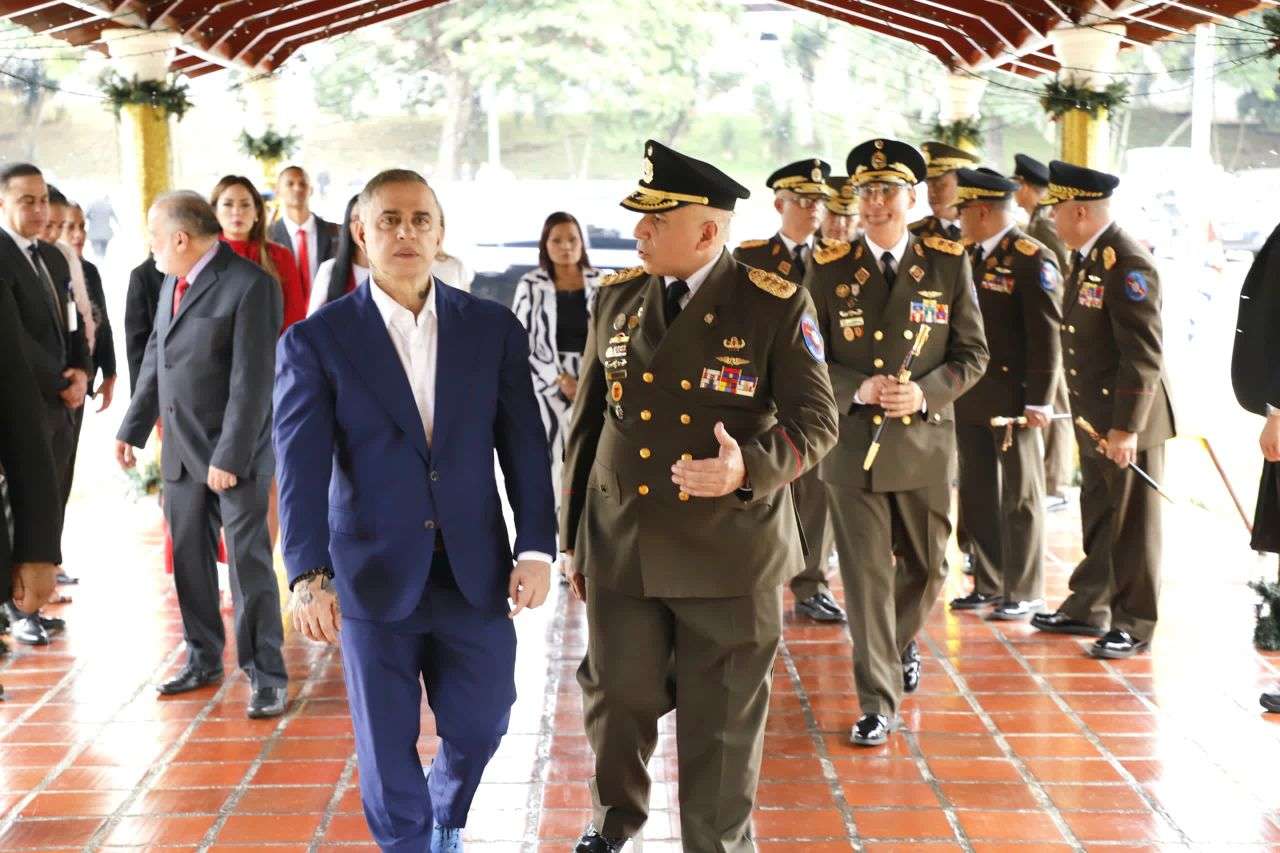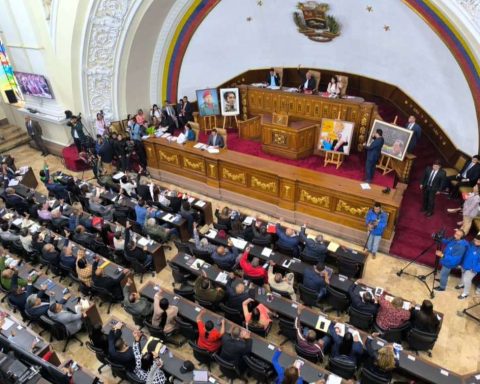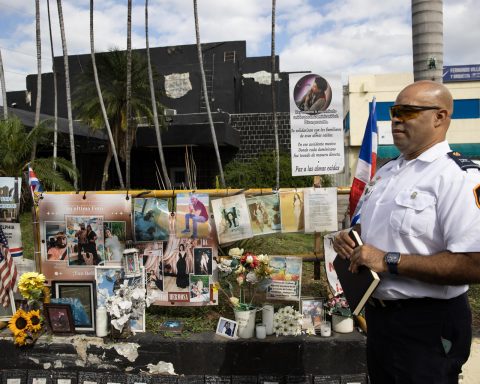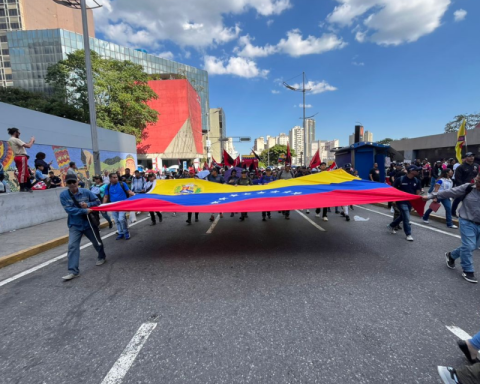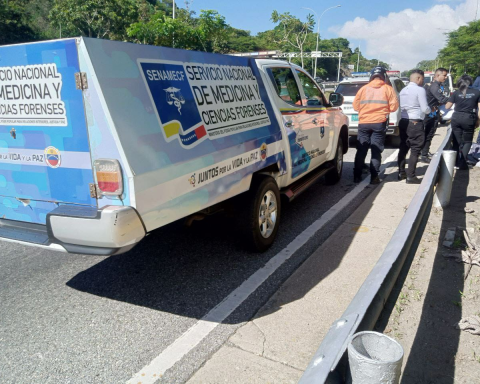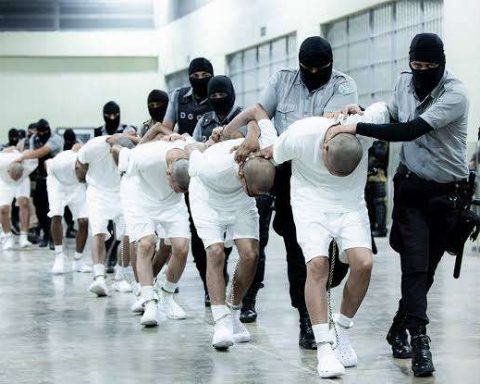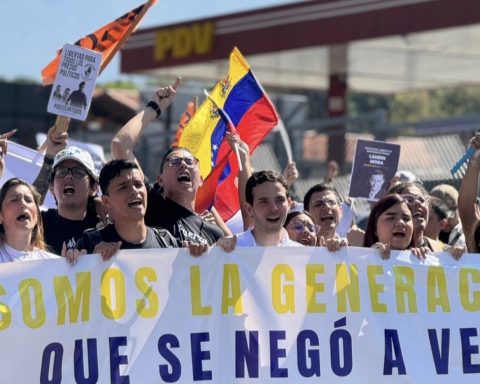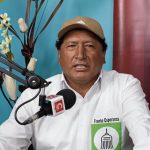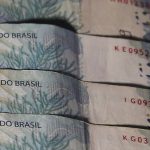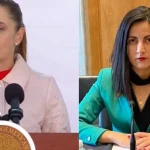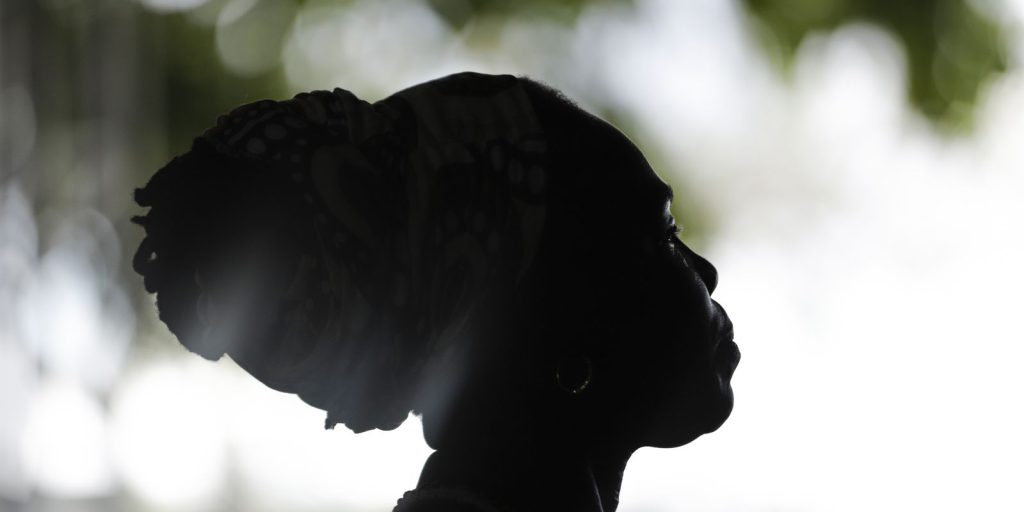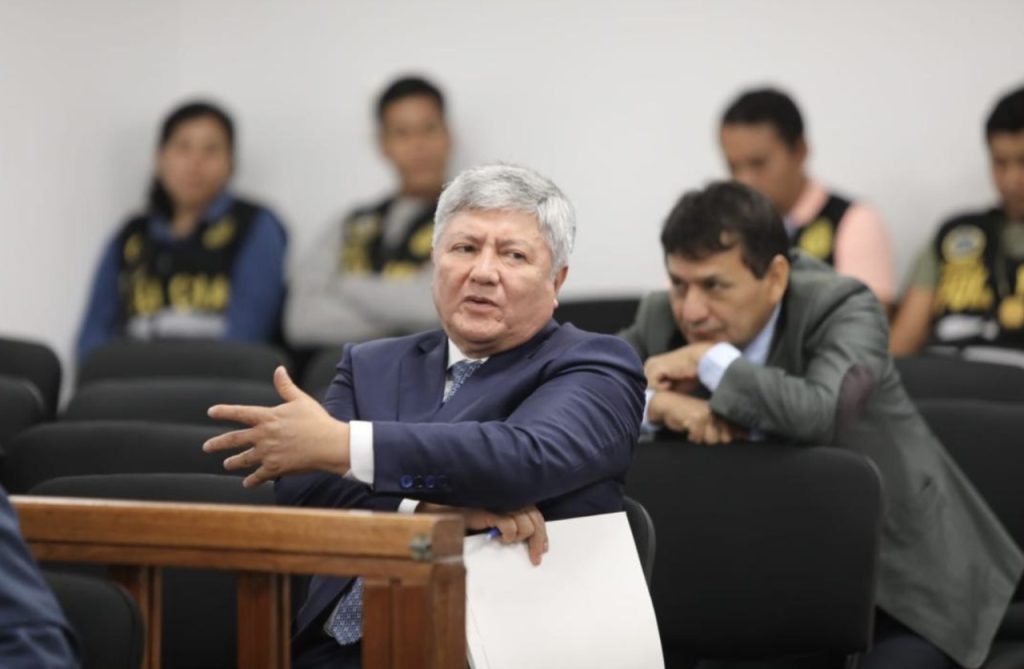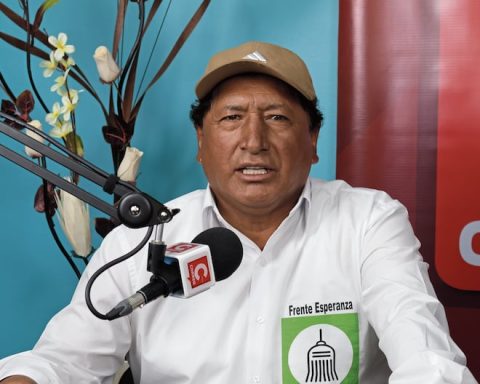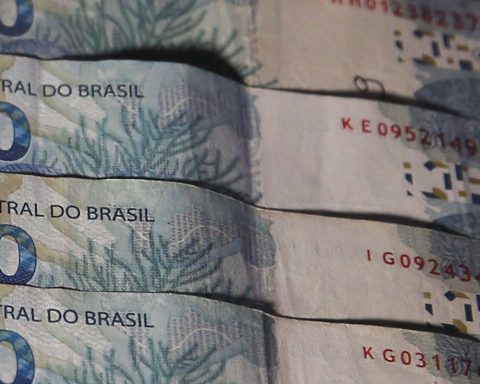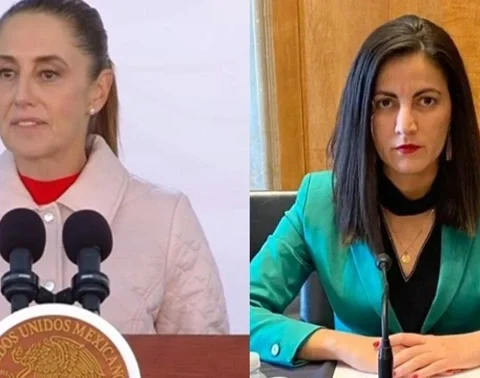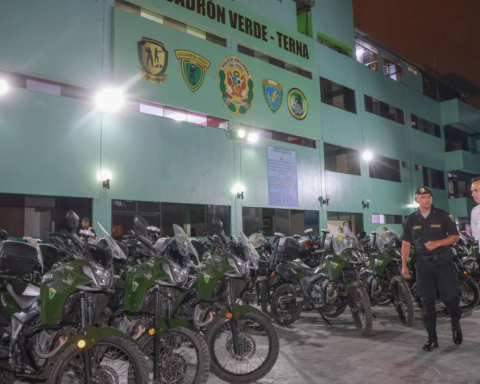The Attorney General of the Republic, Tarek William Saab, gave a presentation to a large audience on the universal history of human rights and the Bolivarian Constitution in the multipurpose auditorium Lieutenant Colonel (F) Felipe Antonio Acosta Carles; located in Fuerte Tiuna.
Within the framework of the celebration of the 25th anniversary of the Military Prosecutor General’s Office, the head of the Public Ministry highlighted that “the Constitution of the Bolivarian Republic of Venezuela (CRBV) of 1999 is a model Magna Carta throughout the world, because it defends the Human Rights”.

In this sense, he highlighted the importance of the current Magna Carta, which consolidated respect for fundamental guarantees and freedoms in Venezuela: “The title on human rights; constitutional duties and guarantees (…) makes up the binding chapters on civil, political, economic, social, cultural, environmental and indigenous rights; Apart from the preamble, the transitional provisions and, literally, all the titles and chapters have the preeminence of human rights.”
Before CRBV
After reviewing the most relevant milestones in the history of struggles that have led to the recognition of human rights in national and international laws, the president of the Republican Moral Council referred to the treatment that the matter had before the current Constitution was approved.
“There was a law called the Law of Vagrants and Criminals. (…) Under that law, you were imprisoned for your physical appearance or your political orientation; but without judgment of any kind. One talks about it and it seems like it’s not real. “What democracy was that?” he said.
Saab referred to massacres such as Cantaura (1982), Yumare (1986); El Amparo (1988) or El Caracazo (1989); that represented milestones regarding the bad practices of the Venezuelan State in terms of human rights before 1999. “They were all justified by saying that they were in an armed confrontation. “They created false positives.”
“We made complaints about all this at the time, when the massacre of massacres occurred, which was El Caracazo in 1989. Do you wonder if there were arrests for all these massacres that I mention? Well no,” said the senior official.
Media: agents of disinformation
Likewise, the Attorney General referred to the issue of the media, and their role as agents of misinformation and distortion of public opinion.
He added that it is “a fierce campaign using the issue of human rights to justify Venezuela being sanctioned; segregated, invaded, intervened; when rather in this country, the number of people convicted of human rights violations, in the last seven years, exceeds 600 with more than 2,000 accused,” said the head of the criminal action.
He also referred to the violent events that took place after the presidential elections on July 28.
“In Venezuela we have carried out an action between July 29 and 30 and in the following days to avoid a civil war,” he mentioned.
Decorations
At the event, the Military Attorney General, Colonel Elías Plasencia Mondragón, presented the San Miguel Arcángel Cross Medal decoration, in its only class, to the Attorney General of the Republic, Tarek William Saab; as well as he was also given an institutional present with the figure of the Liberator Simón Bolívar.


Likewise, the Military Medal Cross of Honor for Merit of the Military Prosecutor General’s Office, second class, was awarded to the general director against common crimes, Ángel Fuenmayor; to the general director Against Organized Crime, Fernando Silva and to the general director of Human Rights Protection, Karin García.
The Military Medal Cross of Honor for Merit of the Military Attorney General’s Office in third class was also awarded to the general director for the Protection of Family and Women, Aramay Terán; the 67th National Prosecutor, Farid Mora and the 50th National Prosecutor, Eddy Rodríguez.
